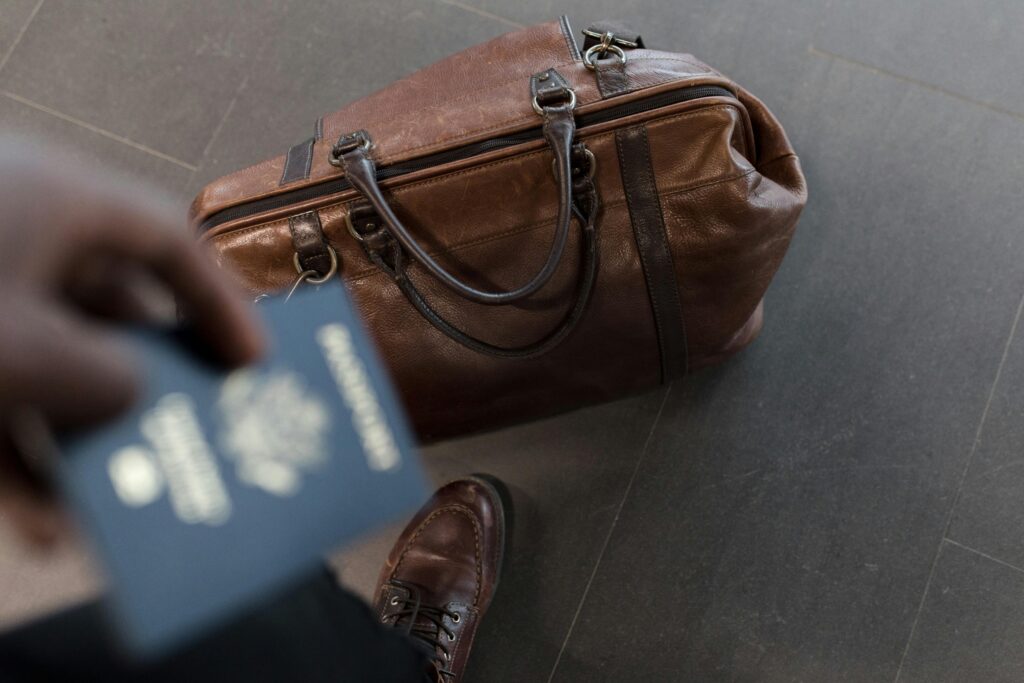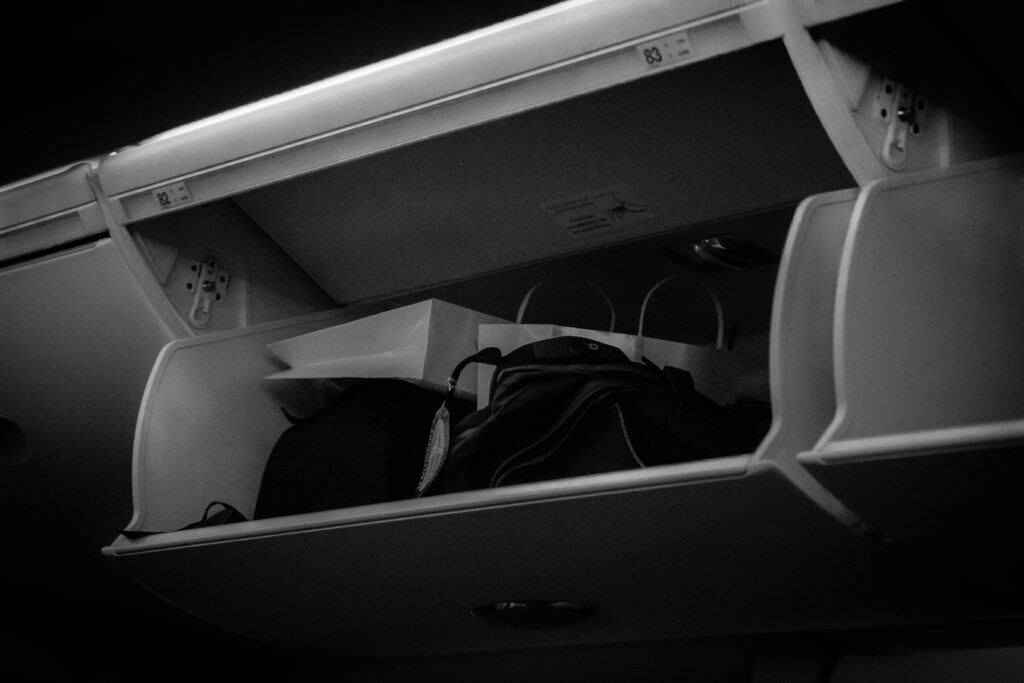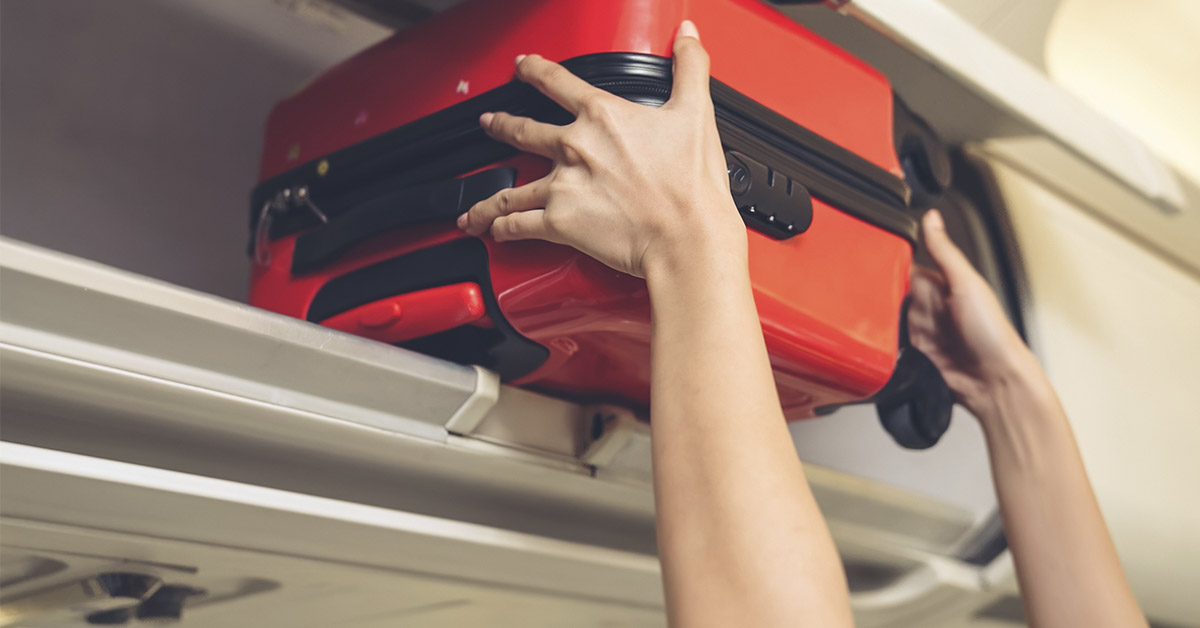Planning for a holiday can be a stressful endeavor, and even more stressful when planning flights. Budgeting for flight expenses always seems like a gamble, with the safest bets being on over budgeting to protect you from those hidden expenses. For many years, European travelers wishing to fly often were met with costly surprises on top of their flight tickets. A moderately inexpensive flight turned expensive due to baggage fees seems like commonplace in air travel.
However, the European Union has decided to step in and put an end to this practice. Good news for consumers and travelers, lawmakers have recently voted to ban specific fees for carry-on luggage. This decision comes after widespread customer complaints, with surveys from the European Consumer Centre showing baggage fees as one of the top passenger grievances.
What this Means for Passengers

This new proposal will permit clients to travel with one piece of luggage weighing up to 7 kilograms with no excess charge. This is also on top of the under-the-seat bag. This allowance includes a bag with maximum dimensions of 100 centimeters in combined size. According to the EU Transport Committee vice-president Matteo Ricci, the proposal represents progress towards transparency and fairness in air travel. This proposal also looks at prioritizing passengers’ rights ensuring fair treatment.
Why the EU Stepped In

For years, airline companies have been catching passengers off guard with hidden costs, especially for luggage. Since the early 2000s, airlines have continued to push the boundaries on baggage fees. In 2017, airline companies Ryanair and Wizz Air faced court hearings due to their lack of transparency on unclear fees. The EU decided that transparency is essential to restore passenger trust. For years, consumer groups criticized airlines for masking true costs. The ruling arises after years of lawsuits and regulatory actions against misleading pricing.
The Wider Reforms in Passenger Rights
The EU aims to enforce stricter regulations on airline companies in an effort to strengthen customer protections against financial exploitation. This new initiative aims to rebuild public trust within the airline industry and make flight travel a feasible option. It also forms part of a broader reform package within the EU airline industry, particularly for passengers. The reforms also include children under 12 to sit with their accompanying guardian without any extra charge. Airlines must also guarantee free seating for caregivers of disabled travelers. Carriers are now required to disclose all ticket costs upfront, no withholding any charges. These changes follow EU Regulation 261, known for protecting passengers against flight delays and cancellations.
The Impact on Low-Cost Airlines
While this may be a win for passengers, low-budget airlines fear they will face the brunt of this proposal financially. Budget airlines stand to lose a significant amount of their revenue to this new proposal. Low-cost carriers depend heavily on extra charges for profits. Ryanair’s €4.7 billion in revenue from last year was solely due to charging extra fees like extra-baggage costs and seat selection.
Could Ticket Prices Rise Instead?
Airline lobbyists warn that this proposal could end up raising base flight fares. They also urge governments to reconsider the reliance on hidden charges. Consumer advocates agree ticket prices may rise slightly, but transparency will still win. Studies in the United States after the Department of Transportation rules showed that even when fares increased, overall passenger satisfaction improved because full costs were visible.
When Will the Rule Take Effect?
The legislation will not be implemented immediately. The European Parliament must still vote to pass the final legislation into law. Once approved, airlines will be given between 6 months and 1 year to comply and adapt their operations after rulings. The EU’s legislative process requires final plenary approval after committee endorsement. Experts believe the rules could begin rolling out in 2026 but a definitive date remains unknown. Travelers should track official EU announcements for progress updates.
How This Shapes Europe’s Travel Future
The EU’s taking a stronger stance on flight passenger protection and banning carry-on baggage charges shows a move towards fairness and consumer protection by governmental figures. For decades, Europe has pioneered aviation rights, including compensation for delays and cancellations under Regulation 261. This new baggage reform strengthens that trend.
Analysts and proponents of this proposal speculate that this trend might influence other nations. In the United States, the Department of Transportation introduced a proposal in 2023 to increase fee transparency. The United Kingdom, though outside the EU, may also feel pressure to adopt similar rules.
What Travelers Should Do Next
Passengers should look ahead and prepare for how the change will work. Travelers can expect airlines to update policies and ticketing information once the law passes. In the meantime, consumers should watch for misleading fees and demand transparency when booking flights.
The EU offers official updates through its transport committee website. This reform is a victory for travelers. Passengers should use it as momentum to insist on clearer rights and continue pushing for fairer air travel prices.

